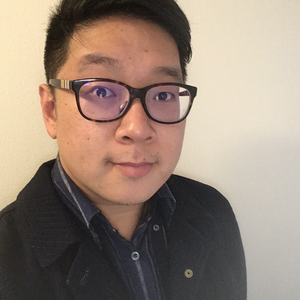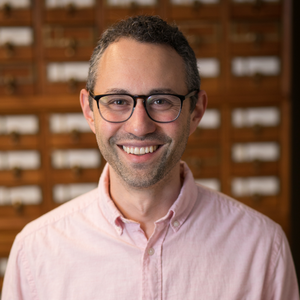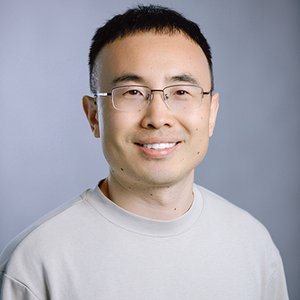ISD8: Cultures of Inequality in the Sinosphere
About
The Working Group comparatively explores all cultural, historical, sociological and anthropological forms of inequality and social difference in the Sinosphere (the Chinese-speaking world) to advance our critical understanding of such problems.
Open to New People
Active since: 2022
- Syracuse University
- Cornell University
Collaborative Goals
The “Cultures of Inequality in the Sinosphere” Working Group is focused on the developments of social, economic, gender/sexuality, and ethnic/racial inequalities within the modern and contemporary Sinosphere. In an era that has been fixated on the "Rise of Asia/China/Multipolarity," we would like to give duress to the idea that the intensification of inequality accompanies any new formation of political, economic, and imperial hegemonies in our global capitalist system. Whether such inequalities stem from post-WWII developmental capitalism (Taiwan, Hong Kong, Macau, Singapore, Malaysia), postsocialist opening and reform policies (the People’s Republic of China) or the legacies of colonialism, the Working Group combines humanities and social sciences approaches and methodologies to discuss and analyze the significance of the cultural, historical, sociological, and anthropological forms of inequality that confront us today. While attentive to the global context, we are particularly attentive phenomena that are relatively autonomous from the context of Euro-America.
Group Organizers

Darwin Han-Lin Tsen
Assistant Teaching Professor of Chinese; Chinese Coordinator Languages, Literatures, and Linguistics, Syracuse University



Group Members
- Anke Wang, Cornell
- Chuling Huang, Cornell
- Dimitar Gueorguiev, Syracuse
- Hantao Sun, Cornell
- Kun Huang, Cornell
- Michelle Chen, Cornell
- Nancy Lin, Cornell
- Shiqi Lin, Cornell
- S Jacobs, Syracuse
- Xiaoxia Huang, Syracuse
- Yuhan Huang, RIT
- Yu Liang, Cornell
- Mara Du, Cornell
- Yunfei Du, Cornell
- Carlos Amador, University at Buffalo
- Cheuk Fung Wayne Yeung, Penn State
- Jinting Wu, University at Buffalo
- Jennifer Dorothy Lee, School of the Art Institute of Chicago
- Linshan Jiang, Duke
- Lorenzo Andolfatto, Université de Fribourg
- Ling Ma, Geneseo
- Miriam Dreissen, University at Buffalo
- Qiao Dai, University of Glasgow
- Rebecca Karl, NYU
- Shu Wan, University at Buffalo
- Shuangting Xiong, Bard
- Adam Toth, University of Alabama
- Tim Pringle, SOAS
- Victoria Lupascu, University of Montreal
- Yige Dong, University at Buffalo
Activities
Manuscript Workshop
April 19, 2024, 10 a.m.
Linshan Jiang: Autoethnography of Making Feminist Podcasts in Contemporary China
Nov. 13, 2023, 4 p.m.
Amy Zhang: From Dirty Work to Green Labor: The Political Economy of Recycling
Oct. 25, 2023, 4 p.m.